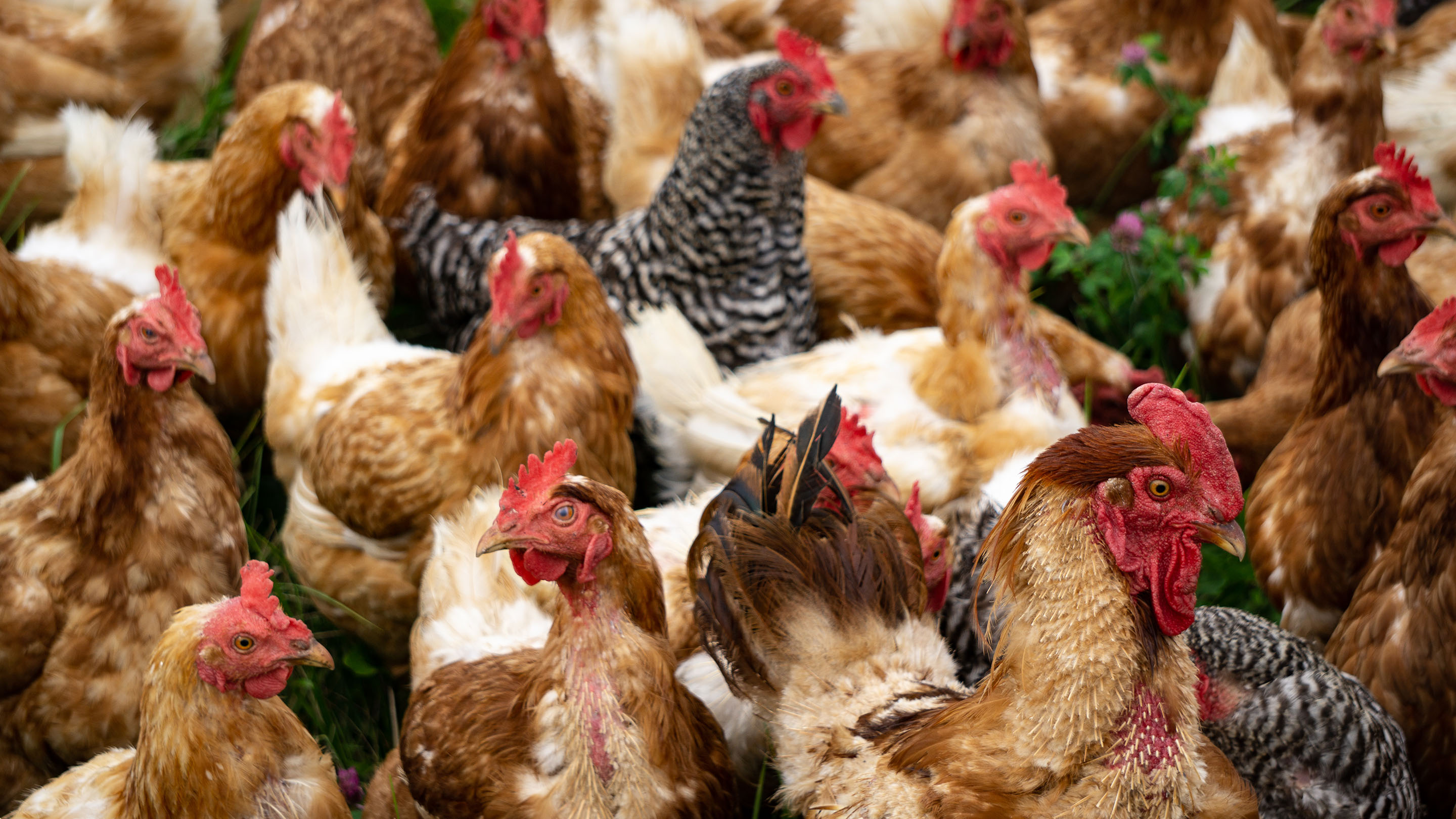
Good Stead Farm
Small but Mighty
Good Stead Farms
Small but Mighty
After a decade away from Michigan, apprenticing with farmers both nationally and internationally before moving up to managing a farm in Maine, Sarah Longstreth was ready to move back to her hometown and start a farm of her own.
Without the capital to purchase the property outright, Sarah was looking for a flexible alternative. In 2014, a neighboring farmer agreed to purchase a 23-acre foreclosed property in Midland County to lease out to Sarah with the expectation that she would eventually buy the property. In 2015, Good Stead Farm was opened as not only the first Certified Organic producer but also as a completely chemical-free farm.
“What really matters to me and what excites me about what we do is that we give people the cleanest, healthiest, most delicious and hopefully beautiful food that they can get. Our customers have come to rely on that,” Sarah remarks.
There is an entire framework within maintaining an organic certification that allows farmers to still use approved chemicals that are not synthetic but come from biological substances and isolated components. There are organic pesticides, insecticides, fungicides and other approved chemicals allowing farmers to maintain their crops easily and still adhere to the organic label.
“When families come out, the kids can pick up a cherry tomato and eat it. Because there hasn’t been anything sprayed, they can pick up all the food and eat it right away,” Sarah explains. “We have people who have cancer, we have people who are sick, so the quality of food is something that they do truly rely on for their health.”
Farm Facts
PROPRIETORS
Sarah Longstreth
FARM SIZE
23 acres
LOCATION
Midland County
PRODUCTS
Vegetables, Eggs, Pork, Herbs and Flowers
FARMLAND LEASED
The 23 acres is owned by a neighboring farmer who separated the property from their conservation easement to lease out.
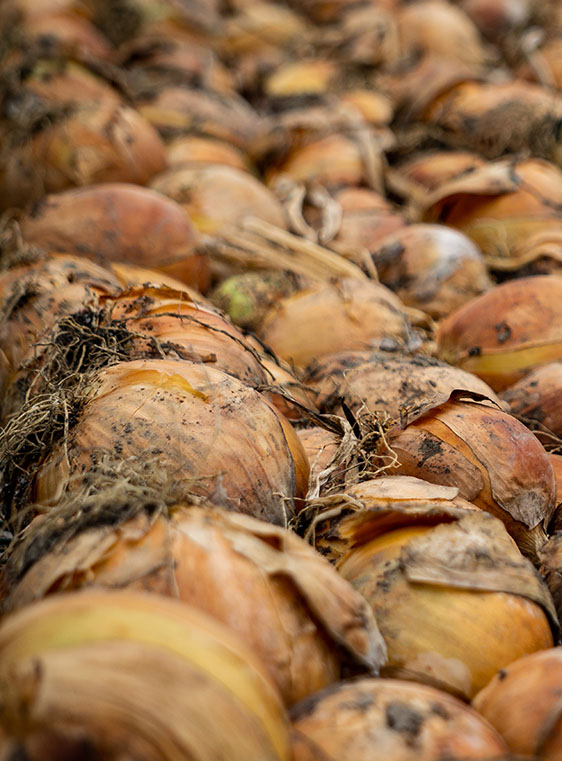
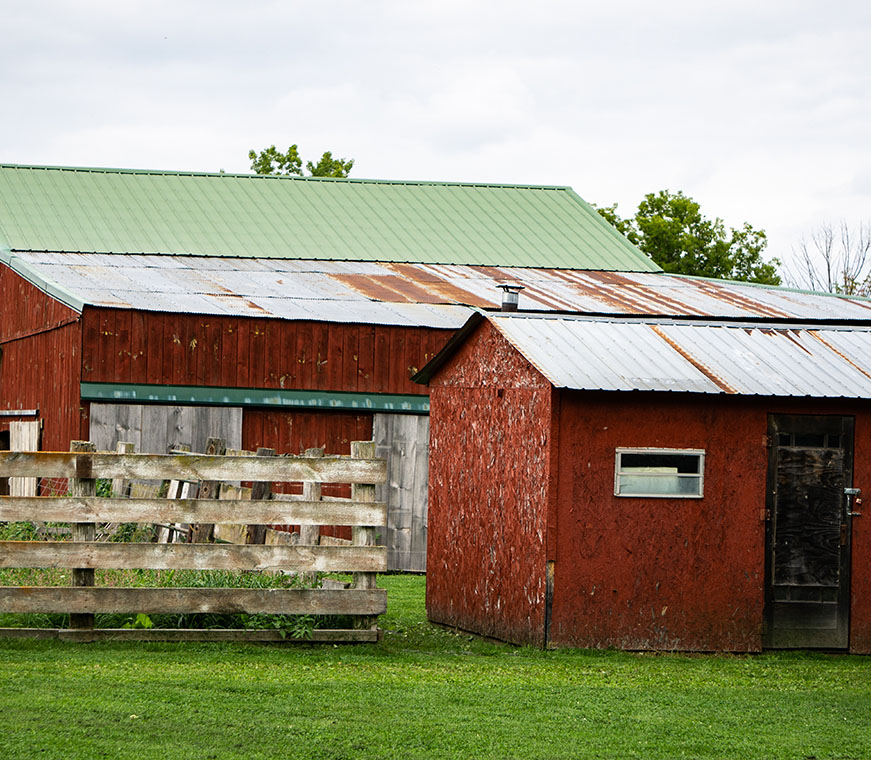
Sarah continually strives for a standard of transparency in production practices and stewardship to ensure a trusted and close relationship with her consumers.
“The farm is personal, it’s not just a business and we know our members, we know our customers, and it’s this really nice community relationship,” says Sarah.
As a regular community participant in the local farmer’s market as well as a vendor for local restaurants, Good Stead Farm also offers a CSA (Community Supported Agriculture) program. Vegetables are harvested and washed that morning to provide anywhere from 7 to 10 different vegetables every week for members to pick up. This quality of freshness and variety is widely sought out in the community but Sarah admits that organic produce is typically not the cheapest option.
“For our CSA shares, we also offer a work share. You can come out to the farm to work for four hours a week instead of paying money for your share,” Sarah explains. “We try to make things affordable, we try to work with where people are. We do take SNAP (Supplemental Nutrition Assistance Program) and Double Up Food Bucks to try to be a little bit more approachable and affordable for everybody.”
Maintaining a seven-acre farm with hours of digging in the dirt, bending over and pulling weeds, is hard work, but Sarah has many helping hands. Her family – many who have been helping since the farm’s beginning – assist multiple times a week. Sarah also manages an apprenticeship program providing young farmers – with or without a farming background – a hands-on experience to get started in their career just like she had.
Sarah continually strives for a standard of transparency in production practices and stewardship to ensure a trusted and close relationship with her consumers.
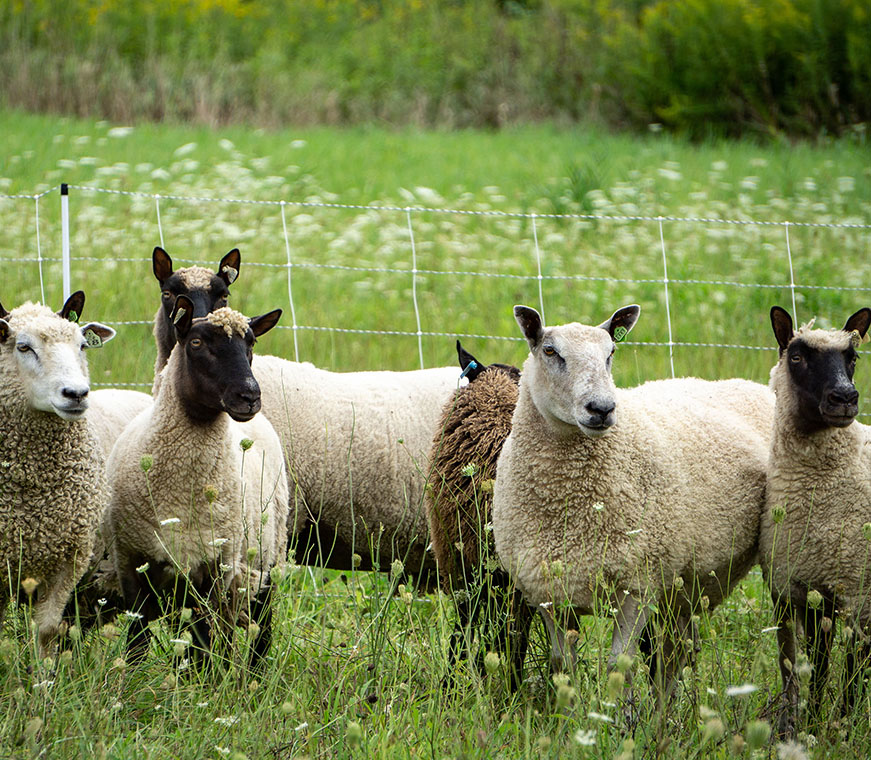
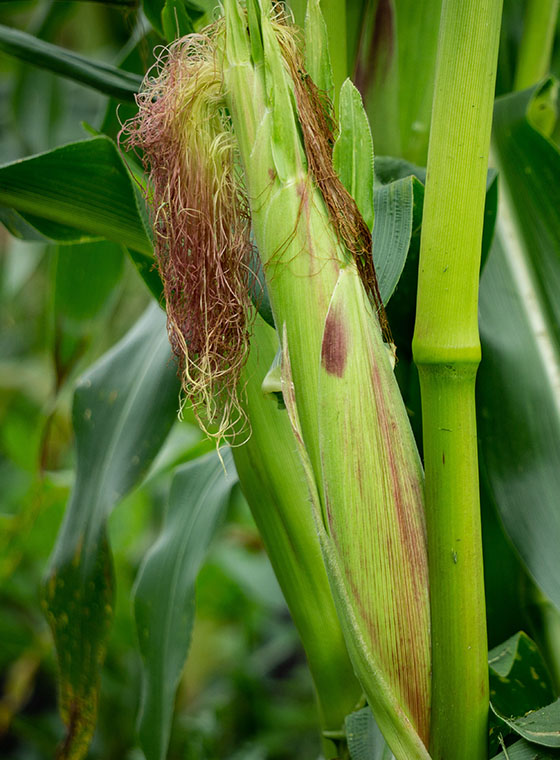
“With the apprenticeship program, you are part of the everyday operations of the farm, working after hours, and running our operations at the market,” says Sarah. “You get to be a part of the entire process and there is nothing that really compares to that.”
Good Stead Farm has had significant sales growth every year and has proven to be self-sufficient. Sarah looks forward to growing the farm each year, but in terms of efficiency rather than expansion. In the future, Sarah plans to protect the farm with a conservation easement and potentially become an incubator farm for other young farmers.
“There are less and less areas to farm and land prices are so high that you price farmers, especially beginning farmers, out of the market,” Sarah explains. “Doing something where you continue to conserve the land and continue to farm it, while trying to improve and leave it better than before is the main goal.”
